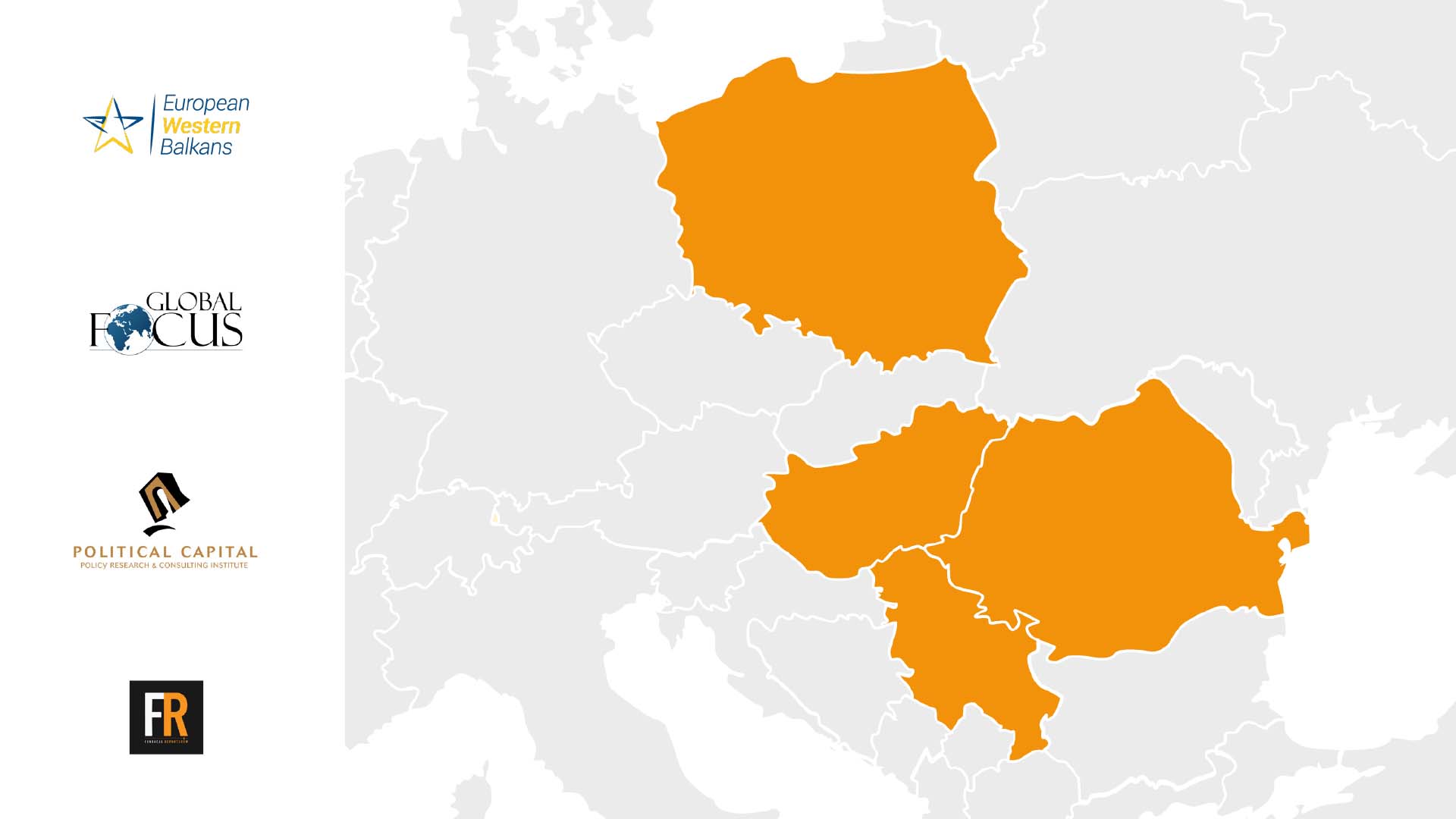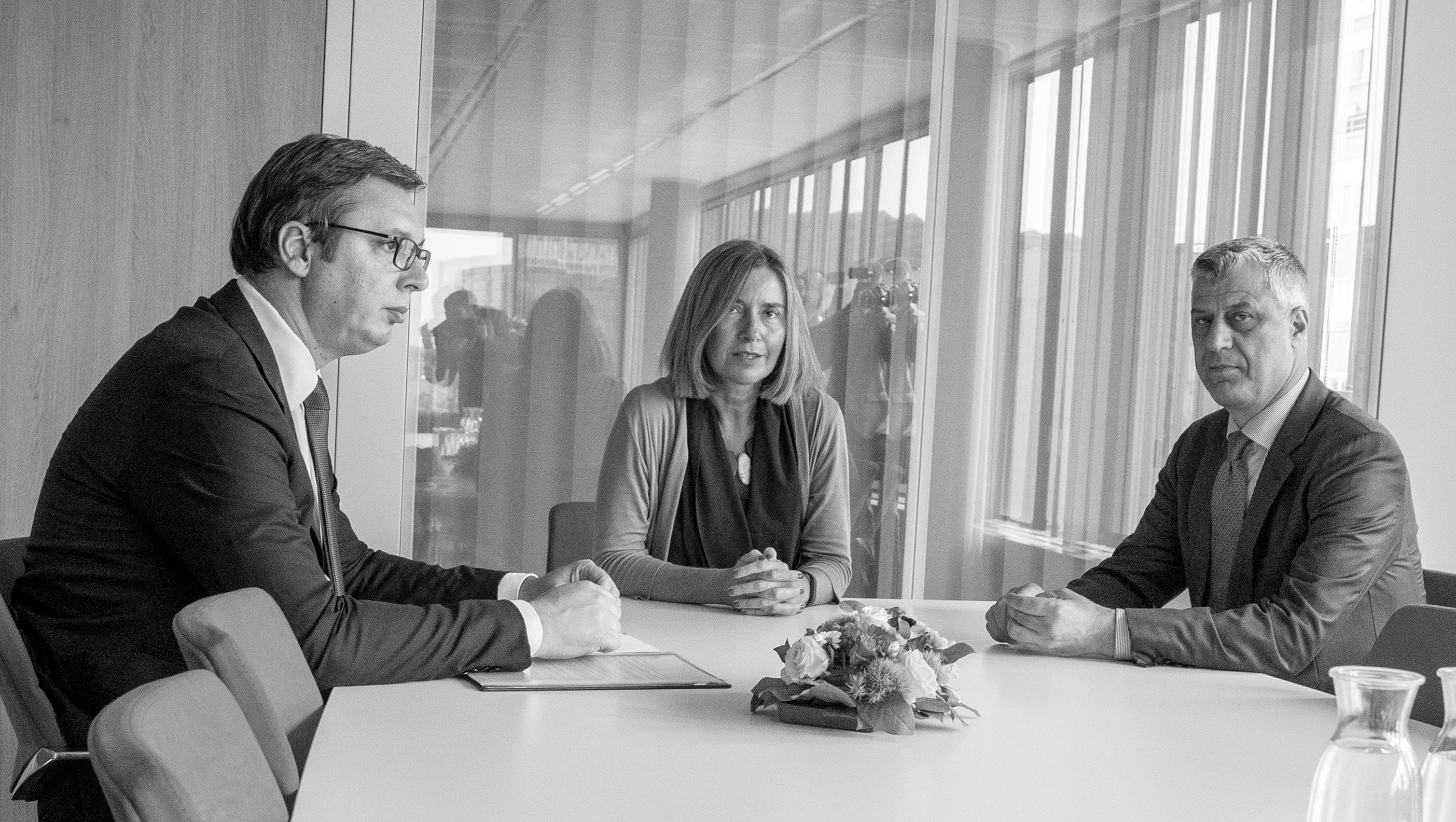Russia’s war against Ukraine has opened a brand-new front for disinformation and influence operations.

Russia’s war against Ukraine has opened a brand-new front for disinformation and influence operations. A major influx of refugees in neighbouring countries is creating avenues for exploitation of local nationalism, xenophobia and anti-Western narratives, already on the rise. GlobalFocus Center (Romania) has partnered with Political Capital (Hungary) European Western Balkans (Serbia) and Reporters’ Foundation (Poland), in a joint effort to check out how Ukraine-related disinformation is reflected and used within the far-right, ultra-nationalist and extremist communities to advance goals consistent with Russian interests.

Policy Recommendations
- The legal framework and practice regarding elections, the election campaigns, oversight and funding of the campaigns in Serbia need to be improved.
- Law enforcement agencies must start working together to fight organised crime, money laundering and other forms of serious crime. Furthermore, they should focus on preventing connections of organised criminal groups with politicians and political organisations.
- All the amendments of the Constitution, although very necessary as well as a step forward in EU enlargement negotiations (Chapter 23), must be put on hold until democratic and fair elections can take place and return legitimacy to the Serbian Parliament.

By Srdjan Majstorović | Belgrade
The European Commission published its Country Report for Serbia in May 2019 assessing the country’s progress in the past year: it portrays a confusing picture of a country that is perceived as a frontrunner in the EU accession process, has been involved in accession negotiations since 2014, and which yet obviously lacks any drive to reform, ambition, capacities, and most importantly the results that could prove its advanced status.

By Ana Maria Luca | Bucharest
In mid-February thousands of opposition supporters clashed with police in an anti-government rally against Albanian Prime Minister Edi Rama’s cabinet, demanding its resignation and early elections. Although Albania is set to start its accession negotiations with the European Union, Rama’s rule has backtracked in terms of democracy and the fight against corruption and organised crime.
